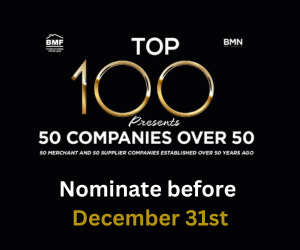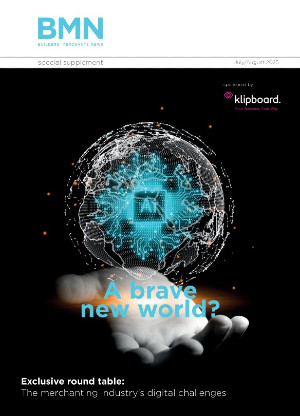Social Media is almost an old story. Many of us use it personally, and most have read or heard discussion as to the potential business power of the medium. It would be enough to make a grown woman groan, if it was not for the fact that it is all true, and utterly vital to optimising modern business.
This month, global management consultancy, Accenture, released its annual ‘Technology Vision’ report, stating that 2012 will be the year that businesses will finally grasp how to use social media to their best advantage. The report finds that while social media was ‘already a powerful catalyst that changes the way customers, employees and partners use technology to interact with the world around them’, most enterprises ‘have yet to catch up to social media and almost none take full advantage of it’.
Business, in all its shapes and sizes, needs to be making the most of Twitter; it needs to be following Facebook; it needs to be plugged in to LinkedIn; it needs to tap into the most direct route to a client target market that has ever existed. Whether supplier, merchant or tradesmen, this is a speeding train you need to catch.
The thing about social media, and particularly Twitter, is that whoever your target audience is, it will reach it. While it may, to the uninitiated, seem like little more than a virtual gathering of various people with overactive fingers blathering nonsense at each other (which can also be true!), it’s far more likely that those same people are the ones who have really cottoned on to the way that Twitter can be used to promote a cause - be it personal, commercial, or even political.
In 2012 forward-thinking brands initiated a trend for sophisticated viral marketing campaigns executed via Twitter and YouTube, while a single Facebook page initiated a regime-changing civil uprising in Egypt. Obviously, such an example is far removed from the simpler mechanics of promoting a brand, but it does illustrate the incredible power of the medium, a power that can be readily harnessed to grow and promote your business.
From the perspective of an industry supplier, it may feel that tweets just slip off into cyberspace and have no effect, but it all depends on who you are tweeting to – something that is very much in the control of the user. If you follow the right people (i.e. people in the trade, with a plausible interest in your commercial service) and tweet industry-relevant content, they will follow - and before you know it your company is at the centre of what is essentially a limitless trade forum. From this platform, market profile can only increase and new business opportunities may well materialise, as if from magic, from the digital world.
Of course, measuring such effectiveness is tricky, and unless a new business lead contacts you directly through social media (which is increasingly common), it can be hard to demonstrate the benefits of social media to the bottom line of a business – especially to traditionalists who are more used to dealing in hard data. However, social media gathers its own statistics, pointing to a value beyond that of mere pounds and pence. For example, if you were to map the development of a Twitter/Facebook/LinkedIn presence against the traffic to the corresponding business website, I would bet a hefty sum that there would be a significant correlation.
In addition, the growth of smartphones over the last two years has taken social media into a new realm, whereby people are never disconnected, always contactable, and permanently engaged with a stream of online content. As a result, success in this medium is simply about pricking the interest of your target market. By consistently posting content that is not merely an exercise in self-promotion (even though that is always the underlying target!) but also offers insight, information and comment on industry relevant topics, you will get through to your market.
Social media is rapidly making other forms of communication seem comparably inaccessible and indirect, and it is the suppliers, merchants and tradesmen who take the time to understand this emerging medium today who will reap the business benefits tomorrow.
Debi Bailey is brand manager at Dunlop Adhesives.






